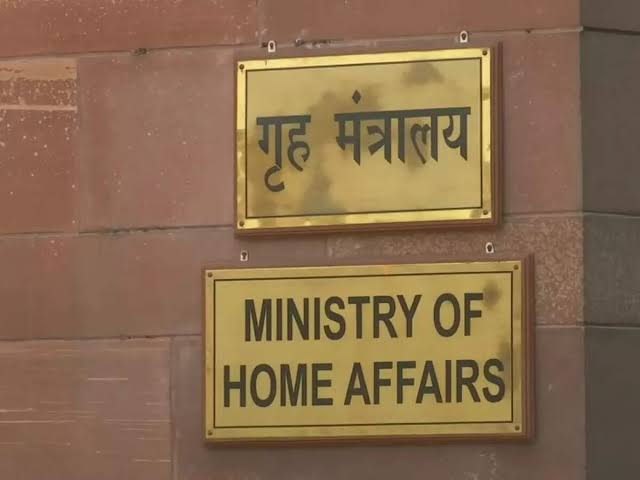The government on Tuesday introduced new reservation and domicile rules for the Union Territory of Ladakh, with 85 percent jobs for local people and one third of the total seats for women in Ladakh Autonomous Hill Development Councils were reserved.
The move aims to protect local interests as people in Ladakh are demanding constitutional security measures to protect their language, culture and land after the special status of the then Jammu and Kashmir state under Article 370 in 2019.
According to various notifications issued by the government, changes in the policies of reservation in jobs, autonomous councils and domicile will be applicable with immediate effect.
Under the new rules, people who have resided in the Union Territory for a period of 15 years or have studied for a period of seven years and have appeared in the class 10th or 12th examination from an educational institution located in the Union Territory, they will be considered a resident of Ladakh for appointment to a post under the Union Territory or any local or other authority other than the Cantonment Board.
Central government officials, central government undertakings and autonomous body officials, public sector banks, statutory bodies officials, central universities and officers of central government recognized research institutes who have served in the Union Territory for a total of 10 years are also eligible for dominance.
Reservation for economically weaker sections will remain 10 percent.
In another notification, the government said that under the Ladakh Autonomous Hill Development Council Act, 1997, at least one -third of the total seats in the council will be reserved for women and such seats can be allotted to various regional constituencies.
The cycle of constituencies reserved for women will be done on the basis of allotted serial number to each constituency by notification in the official gazette.
A high -level committee was formed in January 2023 under the chairmanship of Minister of State for Home Nityanand Rai to solve the concerns of the people of Ladakh. It held several meetings with the representatives of Ladakh to find a cordial solution to their demands.
In October 2024, climate activist Sonam Wangchuk was also sitting on an indefinite fast in Delhi over his demands. This was followed by talks with leaders of Ladakh on 3 December 2024 and then on 15 January and 27 May and 27 May.








